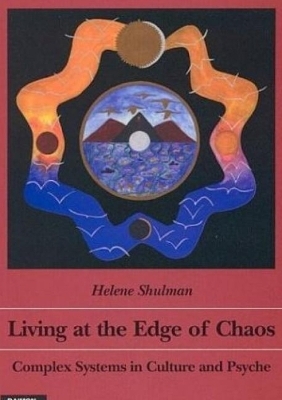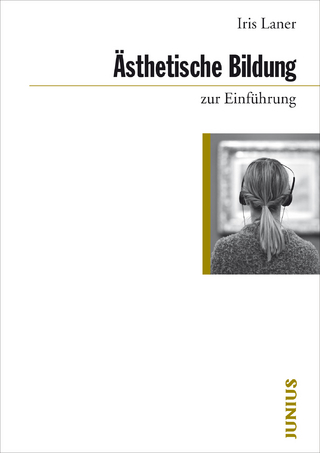
Living at the Edge of Chaos
Complex Systems in Culture and Psyche
Seiten
1997
Daimon (Verlag)
978-3-85630-561-1 (ISBN)
Daimon (Verlag)
978-3-85630-561-1 (ISBN)
Helene Shulman integrates experiences of synchronicity, altered states of consciousness, trance, ritual, Buddhist meditation practice and creativity into a broad perspective on cross-cultural psychology. What emerges is a comprehensive way to understand psychological illness and healing as a perpetual work-in-progress near “the edge of chaos,” where the seeds for new models of reality lie.
With mental illness as the focus, she leads us on a fascinating interdisciplinary exploration, linking such areas as cultural studies, anthropology, evolutionary science and new work in mathematics and computer science – known as complexity theory – to Jungian psychology.
A new paradigm for postmodern psychology emerges as the author presents a dynamic theoretical model containing rational and irrational aspects of individual and collective life.
The relevance of this work extends well beyond the field of psychology, for the author is describing the life experience of each of us in our personal and cultural milieu. The current states of our environmental, political and economic realities are presented as an urgent challenge to enter consciously into individual and community restoration work. Living at the edge of chaos, for all its apparent destruction, is nonetheless a source of spontaneity, creativity and hope. – Tuula Haukioja, Jungian analyst, Toronto
With mental illness as the focus, she leads us on a fascinating interdisciplinary exploration, linking such areas as cultural studies, anthropology, evolutionary science and new work in mathematics and computer science – known as complexity theory – to Jungian psychology.
A new paradigm for postmodern psychology emerges as the author presents a dynamic theoretical model containing rational and irrational aspects of individual and collective life.
The relevance of this work extends well beyond the field of psychology, for the author is describing the life experience of each of us in our personal and cultural milieu. The current states of our environmental, political and economic realities are presented as an urgent challenge to enter consciously into individual and community restoration work. Living at the edge of chaos, for all its apparent destruction, is nonetheless a source of spontaneity, creativity and hope. – Tuula Haukioja, Jungian analyst, Toronto
Helene Shulman has a Ph.D. in philosophy and a diploma from the C.G. Jung Institute in Zürich. She has taught philosophy, psychology and intercultural studies at several universities in the United States and maintains a private practice as a Jungian analyst in upstate New York.
| Zusatzinfo | schw.-w. Abb. |
|---|---|
| Sprache | englisch |
| Maße | 160 x 227 mm |
| Gewicht | 439 g |
| Einbandart | Paperback |
| Themenwelt | Geisteswissenschaften ► Philosophie |
| Geisteswissenschaften ► Psychologie | |
| Schlagworte | Chaos • HC/Psychologie • Kultur • Philosophie • Psychologie |
| ISBN-10 | 3-85630-561-0 / 3856305610 |
| ISBN-13 | 978-3-85630-561-1 / 9783856305611 |
| Zustand | Neuware |
| Haben Sie eine Frage zum Produkt? |
Mehr entdecken
aus dem Bereich
aus dem Bereich
wie Philosophie uns helfen kann, unseren Weg zu finden
Buch | Hardcover (2023)
dtv Verlagsgesellschaft
26,00 €
wie Hoffnung politisch wird
Buch | Softcover (2023)
Philipp Reclam (Verlag)
7,00 €


